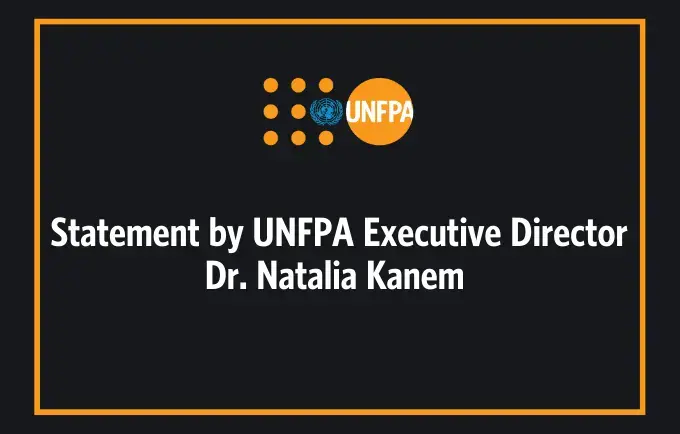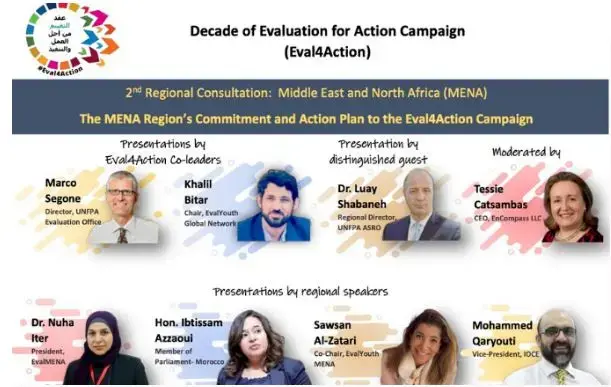Statement by UNFPA Executive Director Dr. Natalia Kanem on the Fight Against Systemic Racism and Discrimination
We are living through turbulent, trying times.
This is a moment of suffering for many people, especially people of African descent. Protests have flared across the United States and around the world as people cry out for justice.
We at UNFPA stand in solidarity in the global fight against racism and support the peaceful struggle against all forms of discrimination, marginalization and injustice. Black lives matter.
Peace, equality and human dignity are all principles guiding our work at the United Nations. As defenders of the UN Charter and its affirmation of equality and human rights for all, it is part of our duty to take action and be agents of change.
COVID-19 has shown how long-standing structural discrimination rooted in racism has a direct impact on the lives and livelihoods of people of African descent and indigenous communities who have suffered disproportionately during this pandemic.
At UNFPA, we have been rising to meet this tremendous challenge. This includes targeting our efforts towards historically oppressed communities and supporting organizations and initiatives led by people of African descent. This is a priority for the organization and for me personally.
We are intensifying our work during the current International Decade of People of African Descent, scaling up programmes to empower women, girls, and young people of African descent to reach those left furthest behind. This lies at the heart of delivering on the 2030 Agenda and the Nairobi Summit commitments.
Building an equal society depends on individual action and begins with each of us.
Let us, therefore, take responsibility for our words and our deeds, while recommitting ourselves to our shared dedication to the rights, health and bodily autonomy of all people.
Let us use recent events as a catalyst to do everything in our power to address long-standing inequalities, breaking down the systemic barriers between the most vulnerable communities and their human rights.
Let us learn from the lessons of the pandemic to build stronger, more resilient health and social protection systems so that everyone, everywhere has access to the resources that they need to live a life of dignity and opportunity, free of discrimination and harm.
Dr. Martin Luther King, Jr., spoke of the fierce urgency of now. Together, we can make a difference in the lives of people and their communities. In doing so we serve all of humanity and, to paraphrase Dr. King, we can bend the arc of history towards justice.




